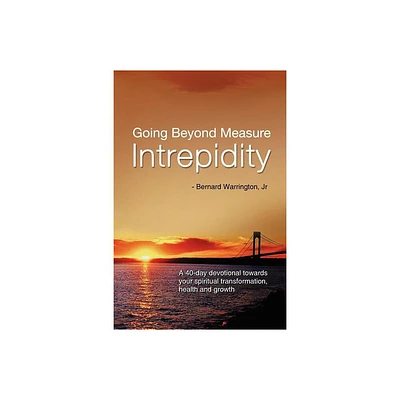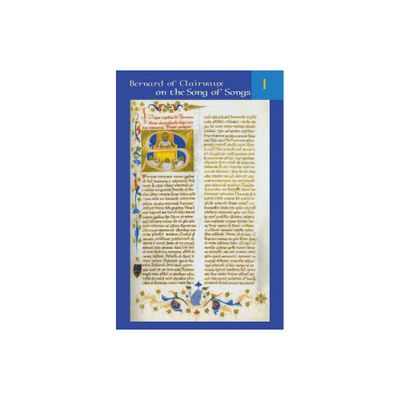Home
Beyond Measure: The Poetics of the Image in Bernard of Clairvaux Volume 279
Loading Inventory...
Barnes and Noble
Beyond Measure: The Poetics of the Image in Bernard of Clairvaux Volume 279
Current price: $39.95


Barnes and Noble
Beyond Measure: The Poetics of the Image in Bernard of Clairvaux Volume 279
Current price: $39.95
Loading Inventory...
Size: OS
*Product Information may vary - to confirm product availability, pricing, and additional information please contact Barnes and Noble
Bernard continually returns to the classical idea that the quality of desire shapes theological imagination. By attending to the multiple ways he develops and applies this insight,
Beyond Measure
uncovers a new depth of organic unity to the literary, philosophical, and theological strands densely interwoven through his writings. Bernard’s apparent iconoclasm with respect to art, affectivity, and the humanity of Jesus is revealed as an alternative mystical aesthetic, congruent with his program for monastic reform. The central movement of Cistercian spirituality from the carnal to the spiritual is shown not to elide but to recapitulate the carnal in higher spiritual expression. Further, this approach provides fresh understanding of the ways in which Bernard is at once "last of the fathers" and "first of the moderns." In particular, a careful reading of works by Julia Kristeva and Jean-Luc Marion on Bernard reveals both the enduring brightness and vitality of his writing and the relevance of his work for people today.
Beyond Measure
uncovers a new depth of organic unity to the literary, philosophical, and theological strands densely interwoven through his writings. Bernard’s apparent iconoclasm with respect to art, affectivity, and the humanity of Jesus is revealed as an alternative mystical aesthetic, congruent with his program for monastic reform. The central movement of Cistercian spirituality from the carnal to the spiritual is shown not to elide but to recapitulate the carnal in higher spiritual expression. Further, this approach provides fresh understanding of the ways in which Bernard is at once "last of the fathers" and "first of the moderns." In particular, a careful reading of works by Julia Kristeva and Jean-Luc Marion on Bernard reveals both the enduring brightness and vitality of his writing and the relevance of his work for people today.


















